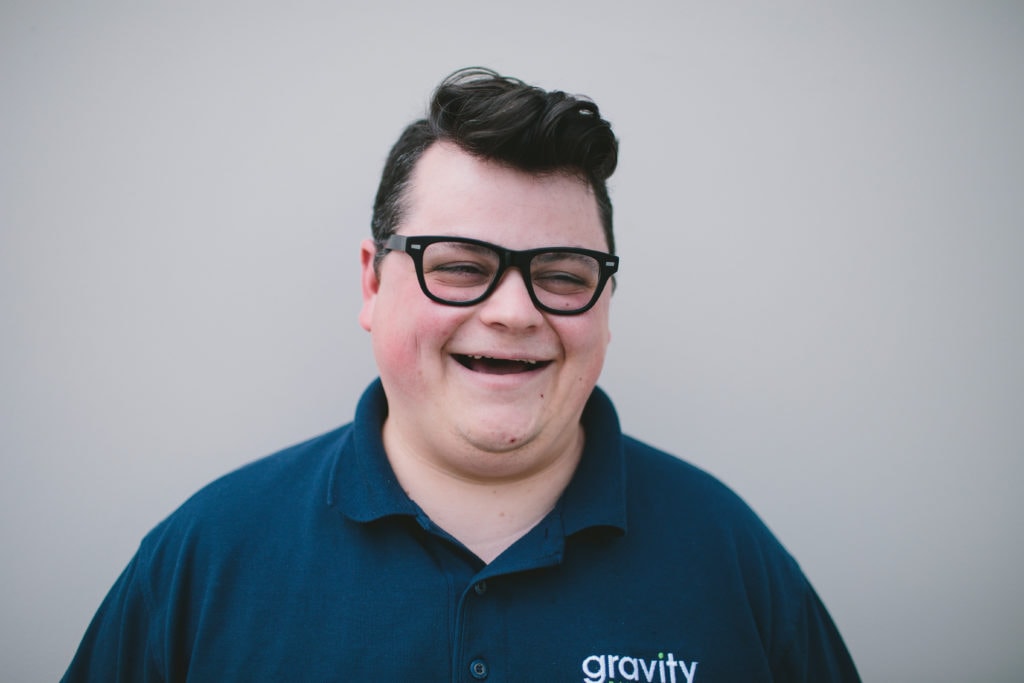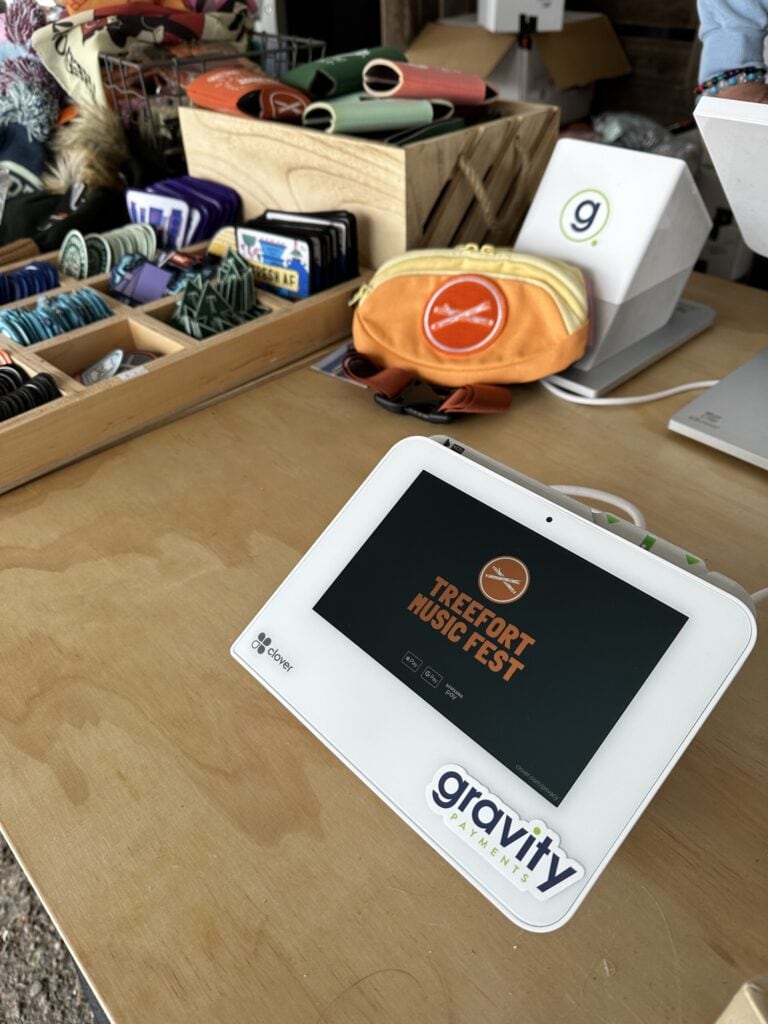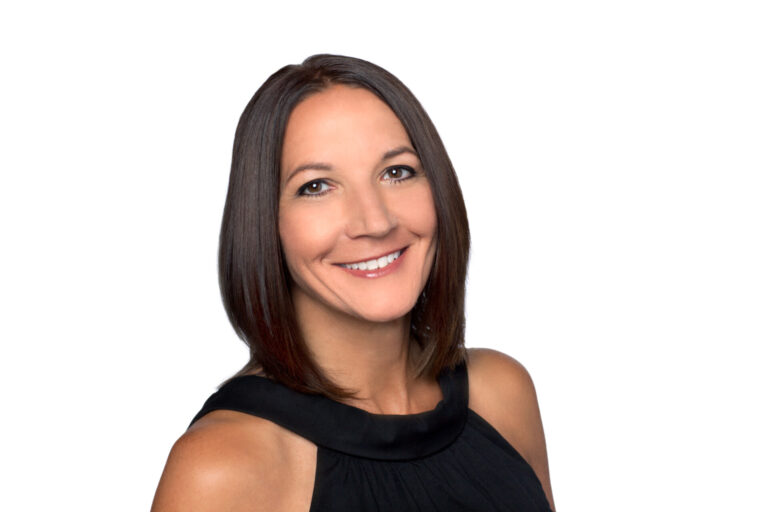
Matt Dho first heard about Gravity Payments right after CEO Dan Price announced the company’s $70,000 minimum wage policy in April 2015. “I thought, ‘That’s pretty crazy,’” he says. “‘I can’t believe someone actually did that.’”
At the time, Matt had been working in Seattle as a banker at a local branch of a national bank. Although he’d been there for three years and things were going just fine, he chafed at the lack of autonomy and freedom given to employees. “There wasn’t any way people could make real change at the company,” he says. “There was too much red tape.”
Although he considered applying to work at Gravity after hearing about the $70k decision, he hesitated because he assumed too many people would be applying. Instead he transferred to a new branch at the bank where he was working. But when the branch turned out to be much less busy than he’d expected, leaving him with little to do and feeling underutilized, he realized it was time to make a change.
Get the Gravity newsletter for the latest FAQs, tools, tips and tricks
Fortunately, Gravity was hiring a sales position in its Merchant Relations Team, and Matt was struck by the description of the position on the requisition announcement. “It was talking about how there weren’t strict quotas. It was truly about what the client needed, which is something everybody says, but a lot of people don’t live up to.” But given what he knew about the company, he thought there might be a chance it was the real deal.
He applied for and got the job. For the next several months, he used his sales experience to help further Gravity’s mission of helping the small business community by working with new and potential clients to come up with customized ways in which Gravity could help them. As much as he enjoyed the work, however, he quickly realized he’d be better suited to another role within the company. Having studied creative writing and film while in college, Matt had always dreamed of finding a job that would allow him to exercise his creative muscle while still contributing something of value to a team. He saw marketing as the perfect intersection of these two desires.
And thus Matt set about campaigning to join the marketing team. “One of the things I brought up in my interview when I first started at Gravity was that the reason I switch jobs so often is because I hate monotony. If there’s no growth and no challenge, then what’s the point? One thing that they said in my interview was that here you have to be able to take care of that on your own. There’s no roadmap, so it’s up to you.”
Matt took this to heart and started talking to other people on the marketing team about his ideas on what changes he would make. He noticed that the company could be doing more with social media and SEO and took advantage of every opportunity to discuss this with others.
About seven months after he started at Gravity, Matt officially transitioned to join the marketing team. Since starting his new role in the summer of 2016, he’s helped Gravity improve its SEO for a number of industry search terms, making it more visible online to potential clients and partners, and take advantage of the surge in publicity from the $70k announcement by beefing up the company’s social media strategy. Now, he plays a key role in helping manage Gravity’s marketing partnerships, looking for opportunities to promote Gravity’s core business and hopefully generate new clients by strategically partnering with organizations that also service Gravity’s client base. Although he’s already found his “dream job,” he’s still got big plans for the future and would like to see the success of Gravity’s partnerships grow to the point that it can “change Gravity on a large level.” He envisions a future in which these partnerships become such a significant part of Gravity’s business that whole teams of employees are dedicated to working on one account.
Matt acknowledges that some people may find the lack of a roadmap or a traditional career trajectory off-putting, but he urges them to step outside of their comfort zones and take the opportunity to create the roles that they really want. “If you talk about it enough and make enough people aware of your intentions and have a plan and you can show the value of what you say you’re going to do next, then Gravity is generally very receptive to it. It is a thing of stepping outside of your comfort zone and, instead of asking, just saying, ‘No, I’m going to do this and here’s why it’s going to be a good idea for myself and for Gravity on the whole.’”
By Brooke Carey, Content Editor
Interested in joining our team? Check out our Careers page for the latest opportunities.




